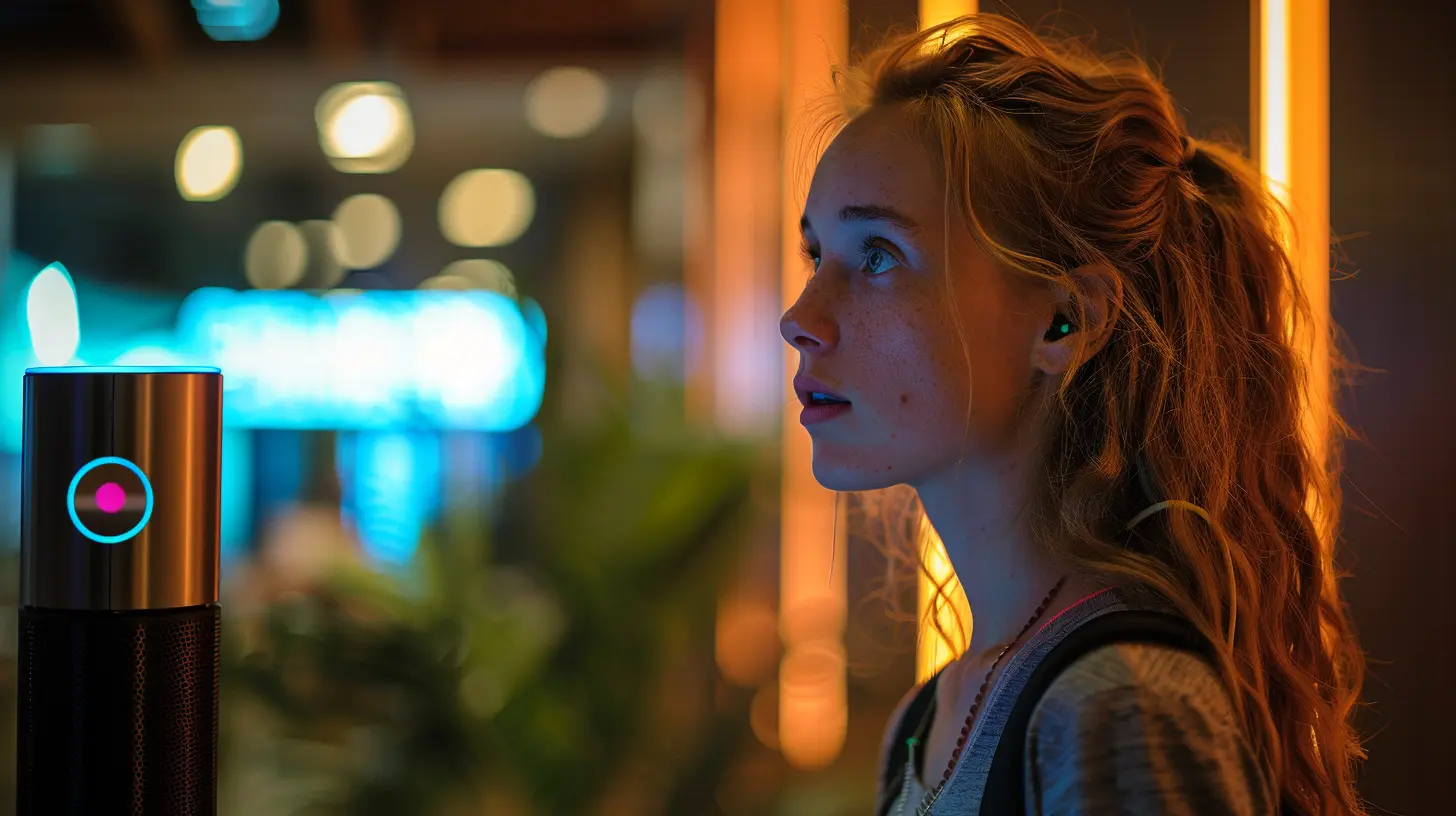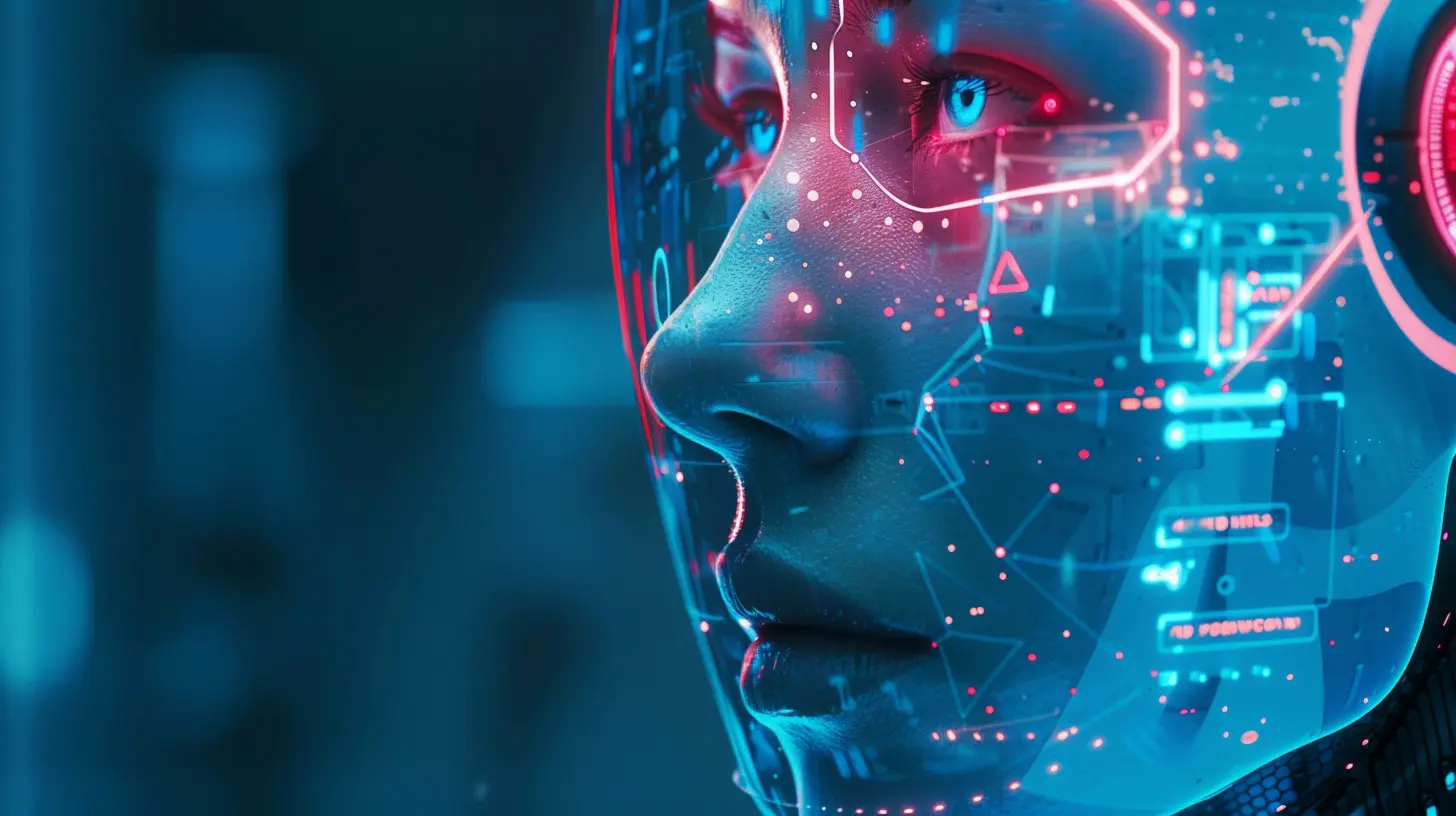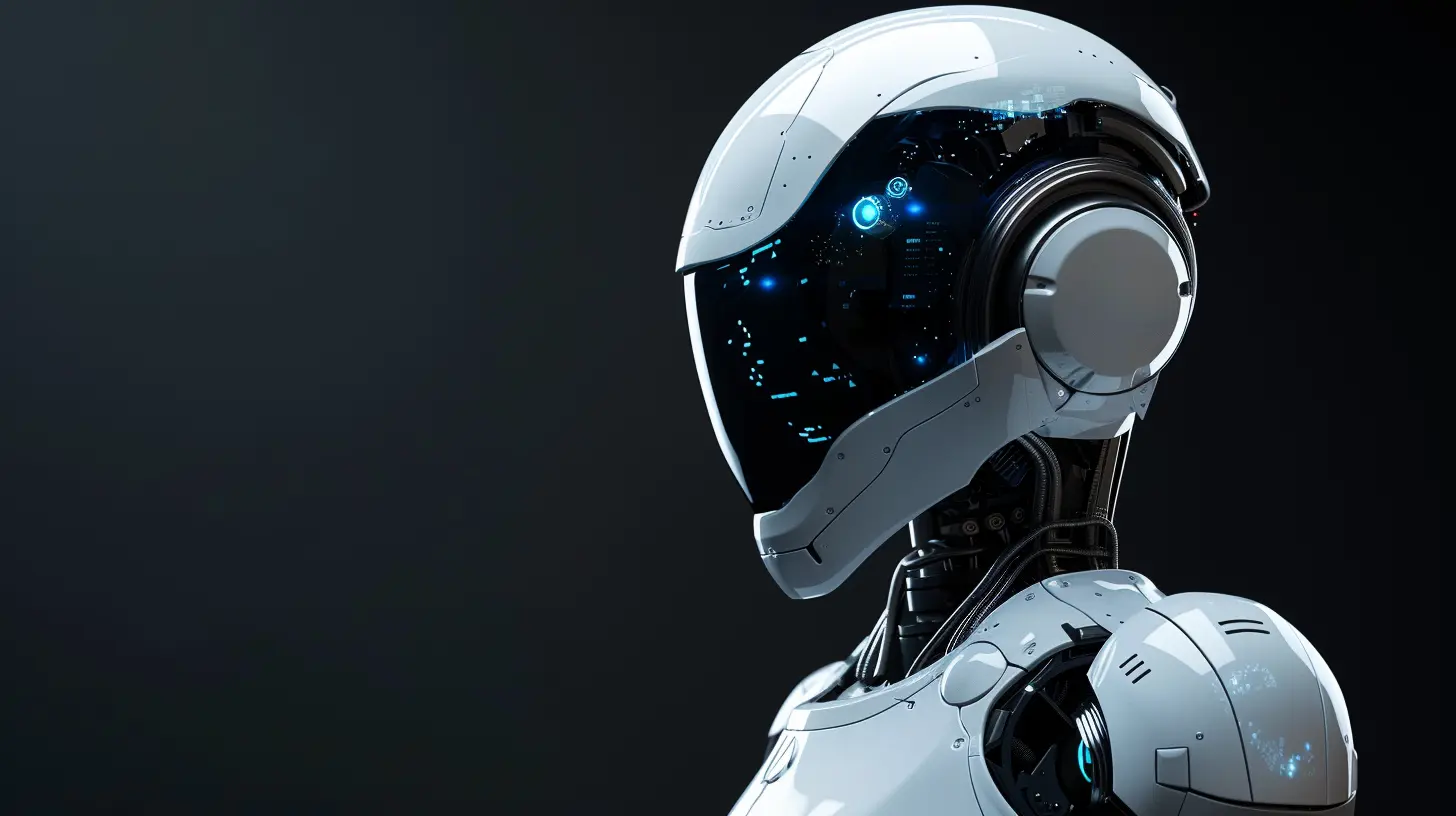How AI is Revolutionizing Virtual Assistants in the Workplace
22 September 2025
Artificial Intelligence (AI) has been threading its magic through our daily lives, seamlessly integrating into everything from our smartphones to our cars. But one of the most fascinating transformations is happening in the workplace—right in the realm of virtual assistants (VAs).
Once mere robotic responders, these digital companions have evolved into intelligent, proactive partners that can simplify tasks, boost productivity, and even predict our needs before we think to ask. Let’s dive into how AI is revolutionizing virtual assistants in the workplace and what the future holds for this promising technology. 
A New Era of Workplace Efficiency
Think back a decade. Virtual assistants were basic at best—setting reminders, answering pre-programmed FAQs, and occasionally misinterpreting every third word you spoke. Fast forward to today, and AI-powered virtual assistants are light-years ahead. They don’t just follow orders; they anticipate needs, automate workflows, and enhance decision-making.Imagine walking into your office, and your AI assistant already has your schedule lined up, emails filtered by priority, and key reports summarized. That’s not futuristic science fiction—it’s happening now. 
How AI Supercharges Virtual Assistants
So, what exactly makes today’s AI-powered virtual assistants revolutionary? Here’s a look at the game-changing enhancements:1. Natural Language Processing (NLP) Brings Human-Like Conversations
If you’ve ever tried commanding an old-school voice bot, you know the struggle. Early VAs could barely distinguish between "schedule a meeting for tomorrow" and "tomorrow’s meeting schedule."Thanks to AI-driven Natural Language Processing (NLP), virtual assistants can now understand context, tone, and even emotions. This means you can have fluid, natural conversations without repeating yourself ten times. Whether it’s responding to customer queries or booking appointments, the interactions feel more human than robotic.
> AI assistants don’t just listen—they comprehend.
2. Machine Learning Makes Them Smarter Over Time
Wouldn’t it be great if your assistant weren’t just smart but actually got smarter the more you used it? That’s exactly what AI-powered Machine Learning (ML) brings to the table.These advanced VAs analyze past interactions, recognize patterns, and refine their responses accordingly. If you always schedule meetings at 10 AM on Tuesdays, your assistant will eventually prompt you before you even ask.
> AI doesn’t forget—it learns.
3. Automating Tedious Tasks & Enhancing Productivity
Let’s be real—nobody enjoys drowning in repetitive tasks like data entry, follow-up emails, or juggling a million meeting invites. AI assistants take over these mundane chores, freeing employees to focus on creative and strategic work.From managing schedules to generating reports instantly, these virtual assistants have become indispensable office allies. They don’t just take orders; they execute tasks seamlessly.
> AI assistants aren’t just helpers—they’re partners in productivity.
4. Predictive Capabilities: Knowing What You Need Before You Do
Ever had one of those eerie moments where your AI assistant reminds you about a report before you even remember it? That’s predictive analytics in action.By analyzing calendar events, email threads, and behavioral patterns, AI-powered VAs can forecast what you’ll need and when. Need a document for your 2 PM meeting? It’ll be ready. Expecting a follow-up email? It’s already drafted.
> AI doesn’t react—it anticipates. 
Real-World Applications of AI Virtual Assistants in Workplaces
The impact of AI-driven virtual assistants isn’t just theoretical—it’s reshaping real businesses. Here’s how companies are putting them to work:1. Streamlining Customer Support
Businesses today rely on AI chatbots to handle customer queries 24/7. Unlike human agents who need breaks, AI assistants can tirelessly provide instant responses, resolve common issues, and even escalate complex problems to the right department.This not only cuts down response time but also enhances customer satisfaction.
2. Boosting HR Operations
From scheduling interviews to answering employee inquiries about leave policies, AI-powered assistants are becoming HR’s best friends. They reduce administrative burdens, leaving HR personnel with more time to focus on employee well-being and company culture.3. Enhancing Team Collaboration
AI assistants can manage projects, send task reminders, and track progress in real time. Integrated with tools like Slack, Microsoft Teams, and Asana, they ensure smoother workflows and prevent important deadlines from slipping through the cracks.4. Smart Email & Calendar Management
Sorting through an overflowing inbox can feel like an endless battle. AI-powered assistants help by categorizing emails, prioritizing urgent messages, and even drafting responses based on previous interactions.Say goodbye to wasting hours on email management—it’s all handled in the background. 
The Future of AI-Powered Virtual Assistants
So, where is all of this headed? If today’s AI can manage our schedules and respond intelligently, what’s next?1. Hyper-Personalization: A Truly Tailored Experience
Future virtual assistants will go beyond organizing your work—they’ll understand your personal preferences, work habits, and even moods.Imagine an assistant adjusting your meeting schedule based on your peak productivity hours or suggesting break times when you’ve been overloaded.
2. Emotional Intelligence
As AI develops emotional intelligence, virtual assistants may soon be able to detect stress in your voice, adjust their responses accordingly, and even suggest mindfulness exercises or lighter workloads.3. Integration with the Metaverse
With the rise of virtual workplaces, AI virtual assistants could soon exist within Metaverse environments, where they assist in 3D spaces, schedule holographic meetings, and even help navigate digital workspaces.4. Advanced Decision-Making Abilities
AI will eventually assist with high-level decision-making by analyzing complex data and providing strategic insights. Think of a VA that doesn’t just compile data but actually advises you on the best course of action.Should You Be Worried About AI Taking Over Jobs?
One lingering concern about AI’s rapid advancement is job security. Will AI-powered virtual assistants replace human employees?The truth is—AI isn’t here to replace workers but to enhance their efficiency. While automation will take over repetitive tasks, it will also free up employees to focus on creative, strategic, and emotionally-driven roles that AI simply can’t replicate.
Rather than viewing AI as competition, the smart move is to embrace it as a collaborator. Those who learn to work alongside AI will find themselves more productive, efficient, and invaluable in the modern workplace.
Final Thoughts: AI Assistants Are Just Getting Started
The world of AI-powered virtual assistants is expanding at an astonishing pace. What once seemed like sci-fi is now an everyday reality, transforming businesses and redefining workplace efficiency.From automating tedious tasks to anticipating needs and even offering strategic insights, AI is making virtual assistants smarter, faster, and more human-like than ever before.
So, the next time your AI assistant reminds you of a meeting you forgot or drafts that email before you even start typing, just remember—you’re witnessing the future unfold, one intelligent response at a time.
> AI isn’t replacing us—it’s empowering us.
all images in this post were generated using AI tools
Category:
Tech TrendsAuthor:

Reese McQuillan
Discussion
rate this article
1 comments
Rylan McQuillen
While AI enhances virtual assistants, reliance may undermine critical thinking and personal interaction in the workplace.
September 22, 2025 at 3:42 AM

Reese McQuillan
You raise a valid point. While AI improves efficiency, it's crucial to balance technology with human interaction to maintain critical thinking and teamwork.


